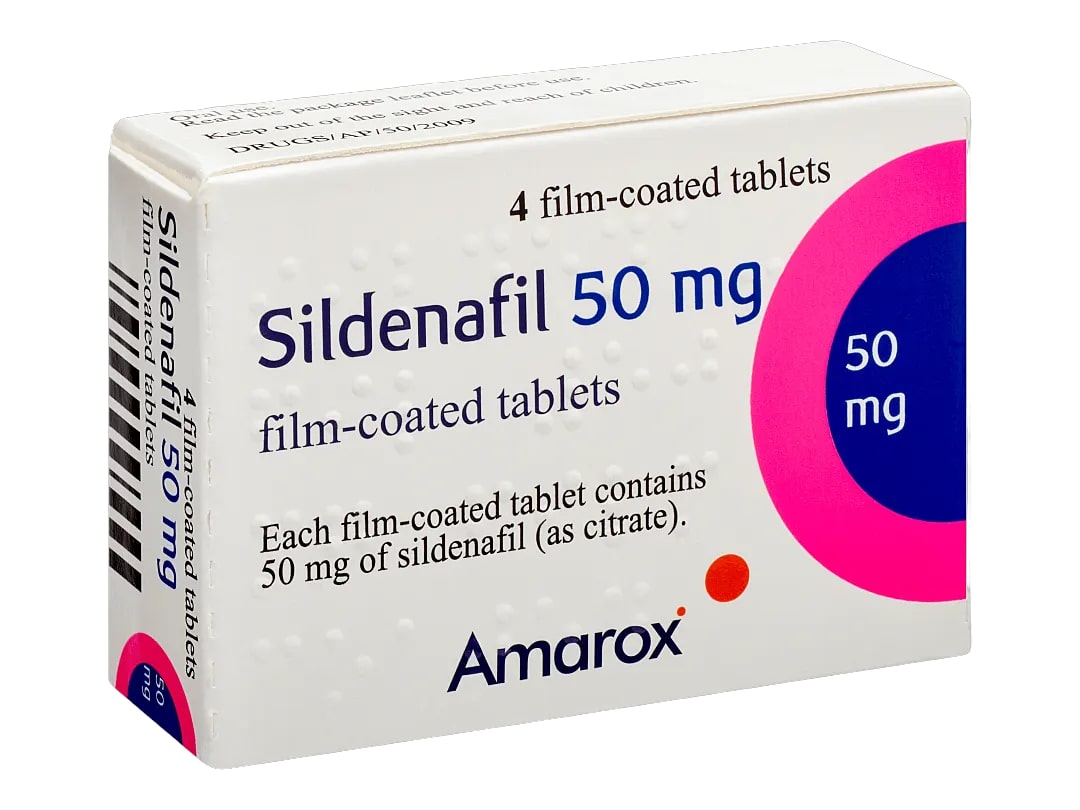Why Choose Sildenafil?
Improved Blood FlowEnhances sexual function by relaxing smooth muscle and increasing blood flow to the penis.
Convenient Oral AdministrationEasy-to-take tablet form allows for flexible timing and improved patient compliance.
Proven EfficacyExtensively studied and clinically proven to be effective in treating erectile dysfunction.
Increased ConfidenceHelps men regain confidence and enjoy a fulfilling sexual life.
Versatile Treatment OptionCan be used to treat both erectile dysfunction and pulmonary arterial hypertension.
Always follow your doctor’s instructions for the best results and safety.


